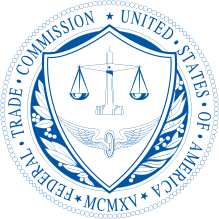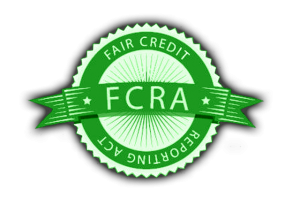
According to the Federal Trade Commission (FTC), companies should keep background check disclosure forms simple. In their recently published blog, titled “Background checks on prospective employees: Keep required disclosures simple,” they explain that some companies trip themselves up by using complicated legal jargon or adding extra acknowledgements or waivers. Here are some examples of the kind of things that shouldn’t be in this simple document:
- Don’t include language that claims to release you from liability for conducting, obtaining, or using the background screening report.
- Don’t include a certification by the prospective employee that all information in his or her job application is accurate.
- Delete any wording that purports to require the prospective employee to acknowledge that your hiring decisions are based on legitimate non-discriminatory reasons.
- Get rid of overly broad authorizations that permit the release of information that the FCRA doesn’t allow to be included in a background screening report – for example, bankruptcies that are more than 10 years old.
 If your company uses employment background checks, it’s likely you’re covered by the Fair Credit Reporting Act (FCRA), a federal law governing the use of consumer reports, including employment background checks. Before you obtain an employment background check, the law requires that you make certain disclosures and obtain written authorization from the candidate.
If your company uses employment background checks, it’s likely you’re covered by the Fair Credit Reporting Act (FCRA), a federal law governing the use of consumer reports, including employment background checks. Before you obtain an employment background check, the law requires that you make certain disclosures and obtain written authorization from the candidate.
Also called “employment screening reports,” employment background checks are “consumer reports” under the FCRA when they will be used to determine a person’s eligibility for employment and will include information about the person’s credit, character, reputation, personal characteristics, or mode of living. Before obtaining an employment background check, the FCRA requires:
- That you disclose to the person that you intend to get the report and then get their written authorization allowing you to do that.
- If the background screening report reveals something that may cause you to decide not to hire the person, you must notify them of the results of the report and provide them with a copy. Next, you have to give them sufficient time to review the report so they can challenge any elements that might be incorrect.
- If you ultimately decide not to hire someone based in whole or in part on the contents of a background screening report, you must provide a notice to that person that states they weren’t hired due at least in part to the result of the background screening report.
The FTC tells employers to provide applicants “with a clear and conspicuous written disclosure that you plan to get a background screening report about them and you must get the person’s written authorization that gives you their permission to compile the report.”
The FTC warns that extra verbiage in disclosures “not only makes it harder for the prospective employee to understand the main purpose of the document, but it also may violate the FCRA. Adding other acknowledgements or releases of liability is beyond the scope of what the FCRA permits in this document.”
The FTC blog says, “Just include a simple, easy-to-understand notification that you will obtain a background screening report, perhaps with a simple explanation of what information will be included in the report. The request for the prospective employee’s authorization should be in plain language, too.”


 May 6, 2017
May 6, 2017 





